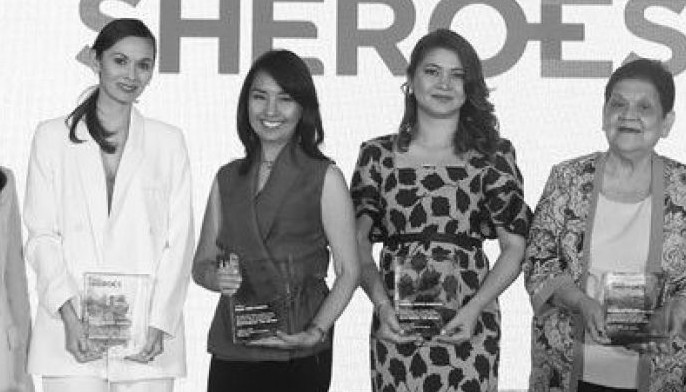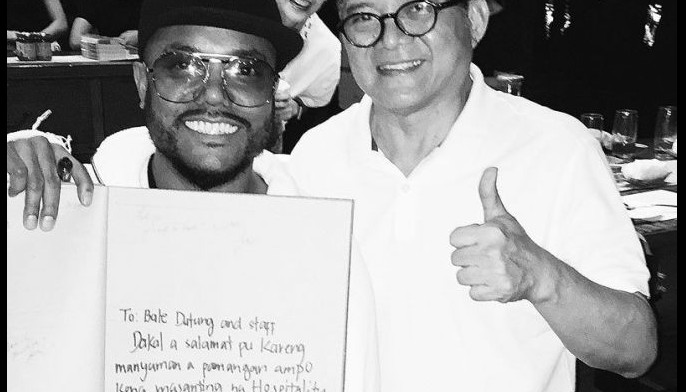A black pencil’s worth
MANILA, Philippines - People who have most everything never have to know what it feels like to be in their shoes. For children in indigenous communities who live in the remotest parts of a Third World country such as the Philippines, having nothing is the norm. They lack things many other kids take for granted, such as education. To them, it is more of a privilege than a right.
In 2008, photographer Mon Corpuz, together with his mountaineer-friends, witnessed how poverty hindered the education of these indigenous children. The group saw how eager the children were to learn but sorely lacked resources.
Seeing how these communities need help to make their dreams come true, Corpuz established the Black Pencil Project, a social media-based, civilian volunteer organization that works in remote and indigenous communities in the Philippines to promote primary education and welfare to children.
“Our mission is simple: We just want to reach out to every Filipino child in communities rarely tapped by other organizations practically because of their inaccessibility, give them school supplies and learning aids, and inspire them to dream big, tell their stories, and share these to the world. We want to change the world, one pencil at a time,” Corpuz said.
Although the organization mainly relies on online media platforms, they ask people to go beyond waging an armchair revolution and take proactive steps in solving the problem.
“While we encourage big donations, we are also open to small contributions because we believe that even just one pencil can make a big difference. We want to democratize the process to social change by encouraging everyone – rich or poor, young or old to help, in any way they can,” Corpuz shared.
Acknowledging that the perennial problems of barrio schools can only be solved through shared social responsibility and mutual cooperation, the project is also offered as a collaborative platform that unites people from various interests and locations to participate in social change.
Corpuz added, “Collaboration makes a person realize that he can do something and that he has a purpose in this world, and that is to change the landscape of indigenous education in the country.”
“We have various collaborative programs for those who want to experience what the Black Pencil Project does such as Climb for a Cause, VolunTourism program, and Pencil Drive.”
In a span of six years, Black Pencil Project has already reached more than 50 ethnic communities, while thousands of children have benefited from its back-to-school programs. They have reached the farthest communities up north, conflict areas down south, and some of the remotest communities in central Philippines. Recently, the group gave 1,500 school packs, slippers, and raincoats to children of Babuyan Islands in Camiguin Norte.
Quizzed about BPP’s plans, Corpuz said, “We actually think we’re already overstaying. There are organizations like us that don’t want to stay forever because when you stay, that only means you’re not making a change.”
In a digital age where wanting to make a change becomes more talk than walk, when the propensity for selfies is greater than being selfless, people behind the Black Pencil Project remind us that no matter how small the effort, it is possible to change someone’s life – one pencil at a time.
Find out more about Black Pencil Project on www.blackpencilproject.org .
- Latest

























